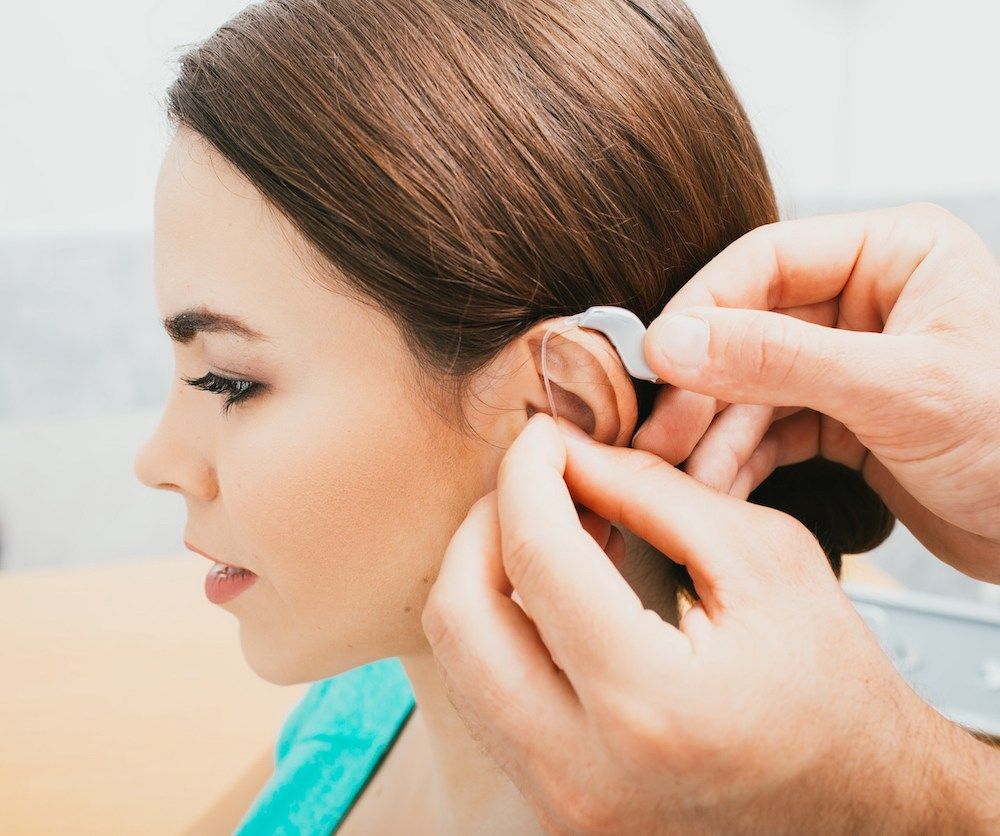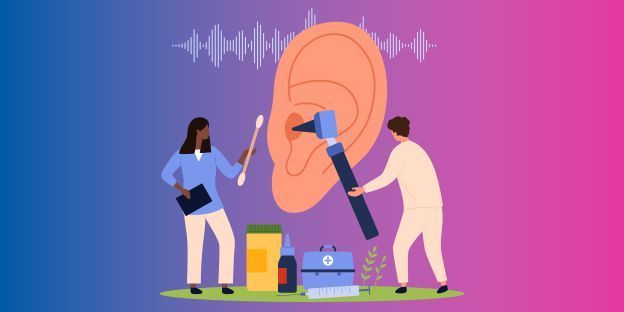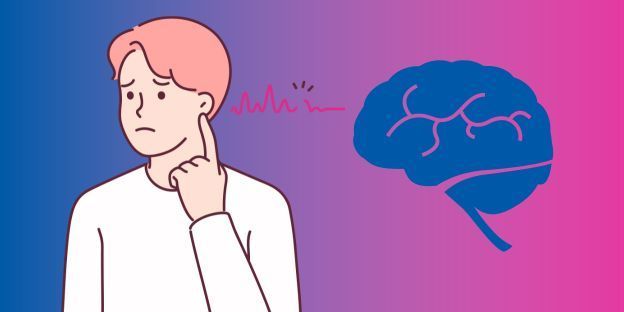The Impact of Hearing Loss on Dementia Risk
With each passing year, the evidence showing that hearing loss has a negative impact on brain health increases. Now, a recent study conducted by the University of Southern Denmark (SDU) shows just how connected hearing and brain health truly are.
The Link Between Hearing Loss and Dementia
Published in January 2024, this major study from SDU is the largest study of its kind and included 573,088 participants over the age of 50. Researchers collected information on the patient’s hearing from hearing clinics and compared it with dementia data, with a median follow-up time of 10 years.
The results show a clear link between hearing loss and dementia. According to the SDU study, hearing loss was associated with a 7% higher risk of dementia. If hearing loss was untreated with the use of hearing aids, the associated risk of dementia increased to 20%. This indicates that using hearing aids can have a protective effect on people experiencing hearing loss, either delaying or possibly preventing the onset of dementia.
How Hearing Loss Increases the Risk of Dementia
Now that the link between hearing loss and dementia has been demonstrated, the next natural question is why do we see an increased risk of dementia in people with hearing loss?
Scientists have several theories to explain the impact hearing loss can have on brain health. It’s hypothesized that struggling to follow conversations can lead to increased mental strain and stress for people with hearing loss, which could exasperate existing symptoms of dementia. Another possible factor is that some people might withdraw from social situations because of hearing loss, leading to increased isolation and other mental health struggles which could impact their brain health over time.
While these theories offer possible explanations, further research is needed to allow for a better understanding of why exactly hearing loss increases the risk of dementia. Until then, we can be thankful that the study conducted by the University of Southern Denmark provided us with insight in how to mitigate this risk factor.
How You Can Reduce Your Risk
People suffering from hearing loss can take action to reduce the negative effect that hearing loss has on their risk of dementia. While it didn’t eliminate the higher risk factor, using hearing aids to treat hearing loss significantly lowered the associated risk of dementia. Improving hearing can also reduce the risk of depression and other mental health conditions for people with hearing loss, making the use of hearing aids an important component for maintaining brain health.
Proper hearing interventions through hearing tests and the use of hearing aids to improve your hearing health can lead to big improvements in your quality of life and overall well-being. Make audiometric testing part of your normal health maintenance routines. Book a hearing test today!










